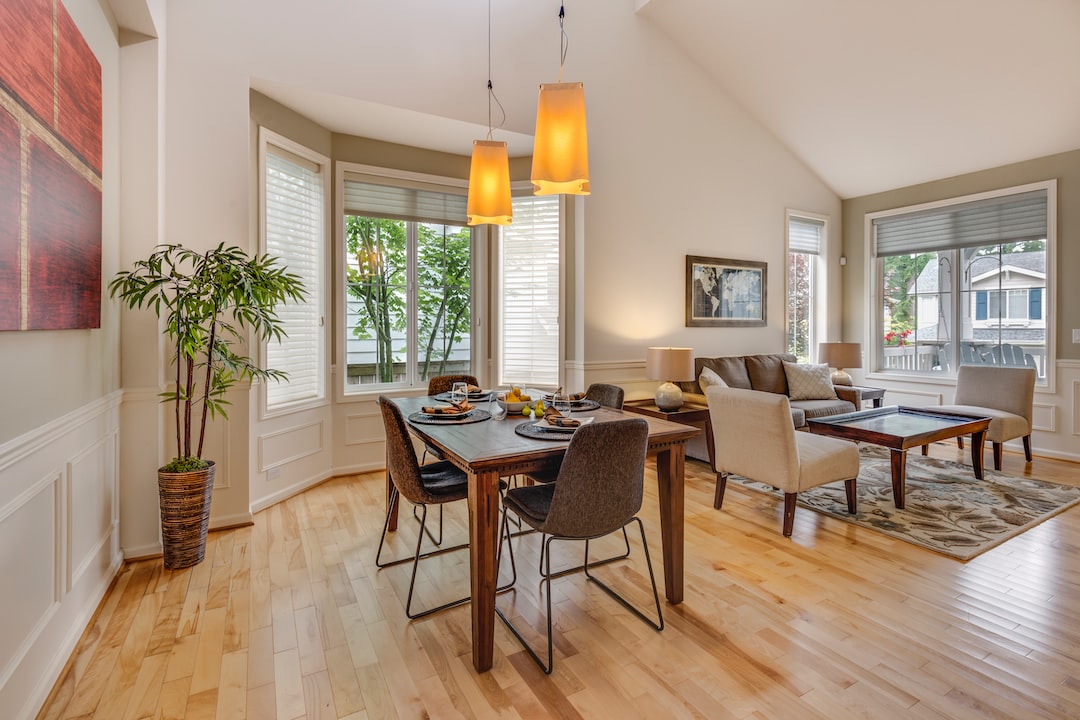The decision to buy or rent a property is a big one and has the potential to significantly impact your financial future. There are several factors to consider when making this decision, including your financial situation, personal preferences, and long-term goals. In this blog post, we will discuss the pros and cons of buying vs. renting a property to help you make an informed decision.
Let’s start with the benefits of buying a property. One of the biggest advantages is that buying a property allows you to build equity. As you make mortgage payments, you are essentially paying off the loan and increasing your stake in the property. Over time, this can lead to significant financial gains, especially if the property appreciates in value. Furthermore, homeownership provides stability and security, as you don’t have to worry about rent increases or eviction.
Another advantage of buying a property is the potential tax benefits. Homeowners can deduct mortgage interest and property taxes from their income tax, which can help to reduce their overall tax liability. Additionally, there is the freedom to customize and renovate your home according to your personal preferences without any restrictions from a landlord.
However, there are also some downsides to buying a property that should be taken into consideration. First and foremost, purchasing a property requires a significant upfront investment. You will need to pay for a down payment, closing costs, and other fees, which can be quite substantial. Additionally, there are ongoing expenses such as property taxes, homeowner’s insurance, and maintenance costs that need to be factored into your budget.
On the other hand, renting a property has its own set of advantages. One of the primary benefits of renting is flexibility. Renters have the freedom to move easily without the burden of selling a property. This can be particularly beneficial for individuals who have job instability or prefer the flexibility to relocate frequently.
Renting can also offer a more affordable living arrangement. In many cases, the monthly cost of rent can be lower than a mortgage payment. Furthermore, renters are not responsible for maintenance and repairs, which can save both time and money.
However, renting does have its drawbacks as well. Perhaps the most significant disadvantage is the lack of control and stability. As a renter, you are at the mercy of the landlord or property manager, which means you may face rent increases, restrictions on modifications, or even eviction.
In conclusion, the decision to buy or rent a property depends on your unique situation and goals. If you value stability, the ability to build equity, and enjoy the benefits of homeownership, buying may be the right choice for you. On the other hand, if flexibility and affordability are more important, then renting may be the better option. It’s important to carefully consider all the pros and cons and weigh them against your personal preferences before making a decision that will impact your financial future.

